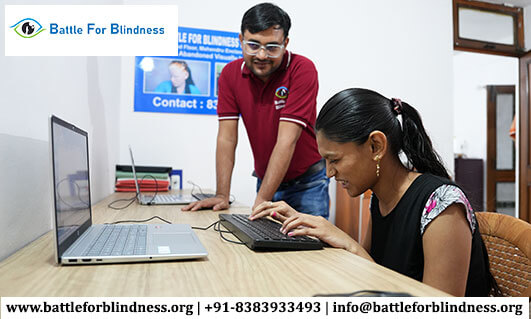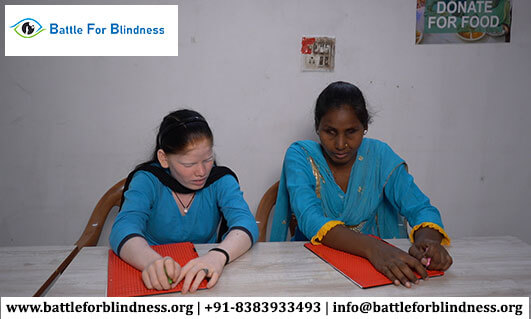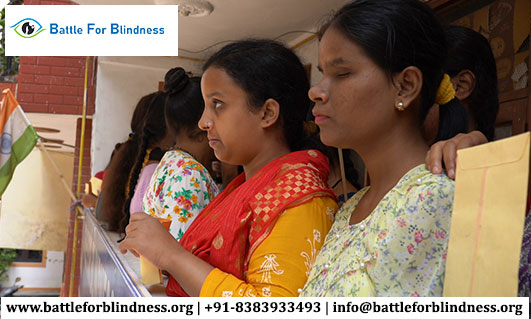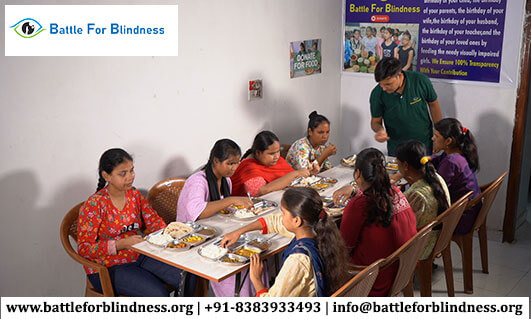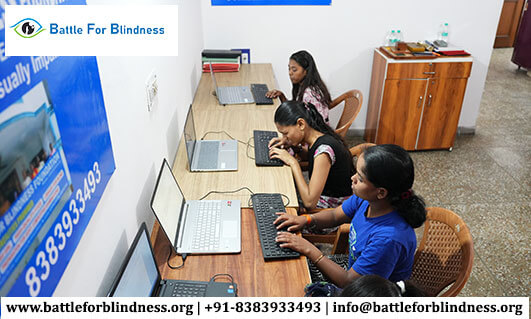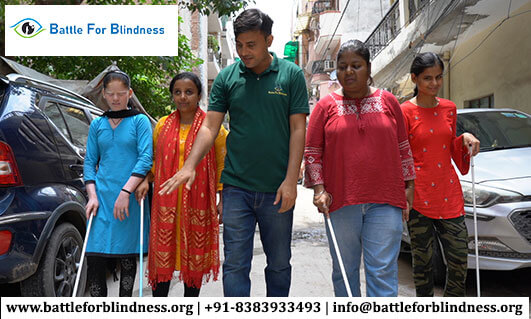
Vision loss can profoundly affect various aspects of life, and one area often overlooked is its impact on eating habits. The inability to see can alter not only how individuals prepare and consume food but also their emotional and psychological well-being. This blog explores the emotional and psychological aspects of eating habits for those experiencing vision loss, highlighting the challenges and coping strategies they may encounter.
1. Changes in Food Preparation
For many individuals, the kitchen is a central part of daily life, serving as a space for creativity, nourishment, and social interaction. However, vision loss can lead to anxiety and frustration in food preparation. The fear of accidents, such as cutting oneself while chopping vegetables or burning food on the stove, can deter individuals from cooking. Consequently, many may resort to pre-packaged or convenience foods, which often lack nutritional value, further impacting their overall health.
2. Altered Food Choices
Vision loss can also influence food choices. Some individuals may develop a preference for softer or easier-to-eat foods, avoiding those that require more preparation or presentation. This shift can lead to a more limited diet, impacting nutrition and overall health. Moreover, the inability to visually assess portion sizes may result in overeating or undereating, contributing to weight fluctuations and other health concerns.
3. Social Isolation
Eating is often a social activity, bringing people together to share meals and enjoy each other’s company. However, vision loss can lead to social isolation, as individuals may feel self-conscious about their cooking abilities or struggle to navigate social settings where food is involved. This isolation can exacerbate feelings of loneliness and depression, further influencing eating habits. Without social interactions, individuals may find themselves eating alone more often, which can lead to disordered eating patterns and emotional eating.
4. Emotional Eating
Many people turn to food for comfort during challenging times, and this behavior can be amplified in individuals experiencing vision loss. Emotional eating may arise as a coping mechanism for dealing with the stress, frustration, and sadness associated with vision loss. This can lead to an unhealthy relationship with food, where individuals use it as a source of solace rather than nourishment.
5. Identity and Self-Esteem
For some, the ability to prepare and enjoy food is tied to personal identity and self-esteem. Vision loss can challenge this identity, leading to feelings of inadequacy and a diminished sense of self-worth. The struggle to maintain independence in the kitchen can result in frustration and a sense of loss, affecting overall emotional health.
6. Adapting to New Routines
Adapting to vision loss often requires significant changes in daily routines, including how individuals approach meal planning and preparation. Developing new strategies, such as utilizing tactile markers on measuring cups or using sound-based cooking appliances, can help rebuild confidence in the kitchen. Embracing adaptive technologies and resources can foster a sense of autonomy, allowing individuals to reclaim their love for cooking and eating.
7. Support Systems
Having a strong support system can be crucial for individuals dealing with the emotional and psychological impacts of vision loss. Engaging with family, friends, and support groups can provide encouragement and understanding, helping individuals navigate their changing eating habits. Connecting with others who have experienced similar challenges can foster a sense of community and reduce feelings of isolation.
Conclusion
The impact of vision loss on eating habits encompasses a range of emotional and psychological aspects that can significantly affect overall well-being. Recognizing these challenges is essential for developing supportive strategies that promote healthy eating and emotional resilience. By fostering an inclusive environment, encouraging adaptive techniques, and building strong support networks, we can help individuals with vision loss maintain a positive relationship with food and improve their quality of life. Emphasizing the importance of emotional well-being and adaptive strategies can empower individuals to navigate their culinary experiences with confidence and joy.
